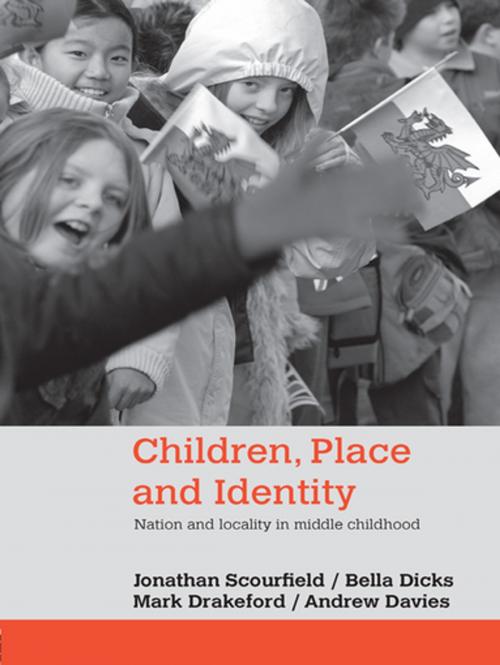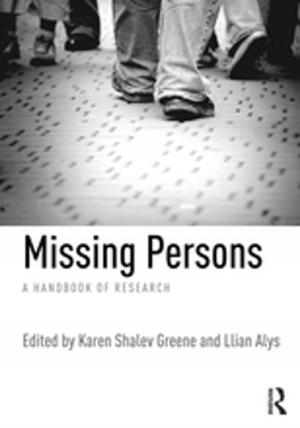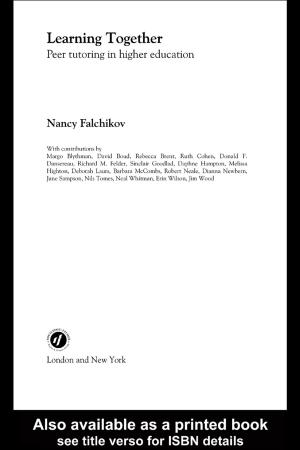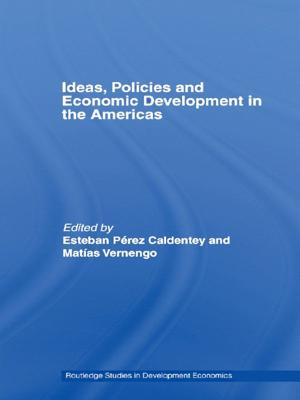Children, Place and Identity
Nation and Locality in Middle Childhood
Nonfiction, Social & Cultural Studies, Social Science, Sociology| Author: | Jonathan Scourfield, Bella Dicks, Mark Drakeford, Andrew Davies | ISBN: | 9781134266319 |
| Publisher: | Taylor and Francis | Publication: | September 27, 2006 |
| Imprint: | Routledge | Language: | English |
| Author: | Jonathan Scourfield, Bella Dicks, Mark Drakeford, Andrew Davies |
| ISBN: | 9781134266319 |
| Publisher: | Taylor and Francis |
| Publication: | September 27, 2006 |
| Imprint: | Routledge |
| Language: | English |
In this, the first sociology book to consider the important issue of how children identify with place and nation, the authors use original research and international case studies to explore this topic in depth. The book is rooted in original qualitative research the authors conducted with a diverse sample of children (aged eight to eleven) across Wales, but this data is also located in the context of existing international research on place identity.
The book features analysis of lively exchanges between children on their local, national and global identities, politics, language and race. It engages with important social and political questions such as whether cultural distinctiveness can be preserved in a context of globalization, whether we are destined to passively receive dominant representations of the nation or can creatively construct our own versions; and whether national identities are necessarily exclusive. Most importantly, the book focuses on what local and national identities mean to children in an era of cultural and economic globalization.
Including material on racialization, language, politics, class and gender, Children, Place and Identity will be a valuable resource to students and researchers of childhood studies and the sociology of childhood.
In this, the first sociology book to consider the important issue of how children identify with place and nation, the authors use original research and international case studies to explore this topic in depth. The book is rooted in original qualitative research the authors conducted with a diverse sample of children (aged eight to eleven) across Wales, but this data is also located in the context of existing international research on place identity.
The book features analysis of lively exchanges between children on their local, national and global identities, politics, language and race. It engages with important social and political questions such as whether cultural distinctiveness can be preserved in a context of globalization, whether we are destined to passively receive dominant representations of the nation or can creatively construct our own versions; and whether national identities are necessarily exclusive. Most importantly, the book focuses on what local and national identities mean to children in an era of cultural and economic globalization.
Including material on racialization, language, politics, class and gender, Children, Place and Identity will be a valuable resource to students and researchers of childhood studies and the sociology of childhood.















